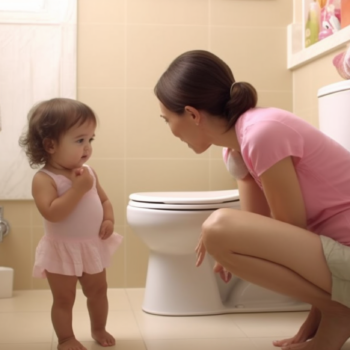Potty training can be a challenging experience for both parents and kids. One question that often arises is whether or not to use rewards as a part of the process. While some experts suggest that rewards can be effective in motivating children to use the potty, others argue that they can create a reliance on external incentives and may not lead to long-term success. Ultimately, the decision to use rewards should be based on your child's individual needs and temperament. If you do choose to use rewards, it is important to use them sparingly and to transition away from them as your child becomes more comfortable with using the potty on their own.
Tag: incentives
Potty Training: Choosing Between Rewards and Incentives for Your Son’s Success
Potty training is a significant milestone in a child's development, but it can be challenging for parents. One common dilemma is whether to use rewards or incentives. While both can be effective, it's essential to choose the right approach that suits your child's personality and behavior. Rewards, such as stickers or treats, can be motivating for some children, while others may respond better to incentives, such as screen time or a special outing. Whichever approach you choose, consistency and positive reinforcement are key to successful potty training. Remember to celebrate every small achievement and be patient with your child's progress. With the right approach, potty training can be a rewarding and positive experience for both you and your child.
A Comprehensive Guide to Determine Your Child’s Potty Training Readiness
Potty training is an important milestone in a child's development, but it can be challenging for both the child and parent. It's important to know if your child is ready before starting the process. Some signs that your child may be ready include showing interest in the potty, being able to stay dry for a few hours, and being able to communicate their needs effectively. It's important to be patient and positive during the process, as every child is different and may take longer to master this skill. By following your child's cues and providing plenty of encouragement and support, you can help them successfully navigate this important stage in their development.

